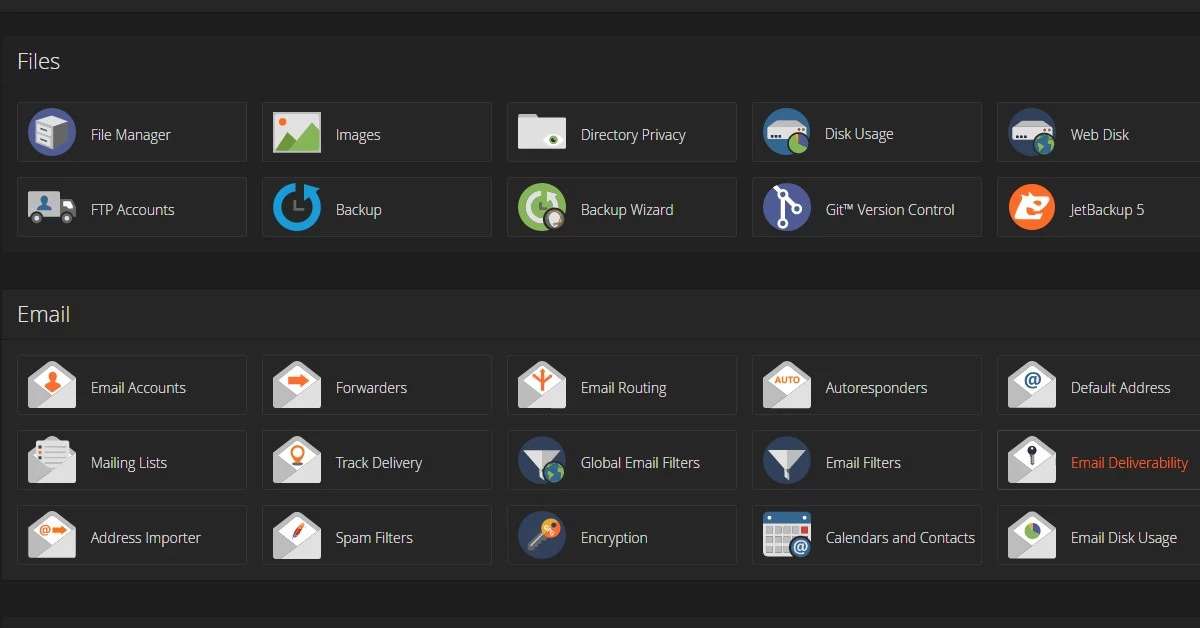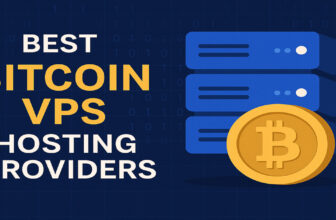
If you click to purchase a product or service through our independent recommendations and unbiased reviews, we may earn a commission. Learn more.
If you’re a business owner looking to expand your operations online or launch an eCommerce venture, you’ll have to choose between managed VPS hosting and self-managed VPS hosting at some point.
A virtual private server (VPS) from the cloud performs the same tasks as a dedicated server on your company’s premises. A virtual private server (VPS) solution combines the benefits of dedicated and shared hosting without the prohibitive cost of a dedicated server or the privacy and security concerns of shared hosting.
Many small and midsize business owners (SMEs) have outsourced the majority of their in-house IT duties to cloud-based managed services providers over the last decade. A virtual private server (VPS) is the logical next step in this trend.
Explaining VPS
VPS software enables a single cloud-based server to provide multiple virtualized operating systems (OSs) to users at the same time. Each virtualized operating system operates as a dedicated server, isolated from other virtual operating systems running on the same host but sharing server resources with other users.
This arrangement is distinct from shared hosting, in which each user shares a portion of a server with other users running the same operating system. However, by sharing an operating system with other users, you risk exposing your website to other users on the same server.
Shared hosting is suitable for small Mom-and-Pop websites with low traffic. However, as your business and web traffic grows, your site(s) will require enhanced UE, such as customer web applications. As a result, you’ll want the flexibility and security that managed VPS hosting provides.
Managed vs Self-Managed VPS
Choosing Between Managed and Self-Managed Virtual Private Servers
A VPS, like other managed services, is far less expensive than purchasing and maintaining an on-premise dedicated server. Nonetheless, you must choose between deploying a managed or self-managed VPS solution.
Your decision should be based on an honest assessment of your organization’s technical expertise and experience. How familiar are you with configuring and maintaining an operating system, managing scripts, and installing software updates and patches? Unless you have an IT guru on staff, your time is undoubtedly better spent building your business and optimizing your website.
The Benefits and Drawbacks of Self-Managed VPS
You essentially rent floor space from a server with self-managed VPS. While you have the ability to customize every aspect of a server’s functions, from software installation to hardware updates, keep in mind that you are also in charge of maintenance, data security, and management. The hosting provider is only required to provide you with access to and availability of the server.
A self-managed VPS solution is an excellent choice if you are confident in your organization’s ability to oversee every aspect of your network’s functionality. A self-managed VPS is always less expensive than a managed one, but if performance suffers, you are solely responsible.
The Benefits and Drawbacks of Managed VPS
A managed VPS solution, on the other hand, performs and oversees many critical network tasks on your behalf. Managed VPS services including system monitoring to ensure network availability and security, data protection and backup (to aid in disaster recovery if necessary), server maintenance, and 24/7/365 technical support.
A managed VPS will always cost more than a self-managed option. Furthermore, because the user’s control over the server is limited, customization may be limited. The provider, for example, decides what and when software and hardware will be installed. While a managed VPS customer can request the installation of specific software and hardware components, these requests are fulfilled by the provider, not the customer.
Summary of Managed VPS vs. Self-Managed VPS
Summary of Managed VPS vs. Self-Managed VPS
| Managed VPS | Self-Managed VPS |
| There is no need for upkeep or management. | Complete admin access and control |
| No prior server experience is required. | Control over and customization of server functionality |
| Receive software and hardware installation and management automatically. | All software and hardware installation, configurations, updates, and applications are your responsibility. |
| You are in charge of your website and emails. | Everything is under your control. |
To summarize
To summarize
A managed VPS is a turnkey solution that is ideal for those with limited technical knowledge. Choose a managed VPS if you’d rather focus your resources on growing your business rather than learning the intricacies of VPS processes.
If your web needs necessitate more than just access to an OS control panel, a self-managed VPS is a way to go. Experienced and knowledgeable users want the ability to customize server capabilities such as storage, specialized software, bandwidth usage, and so on. Just keep in mind that you are solely responsible for its performance.
FAQ










